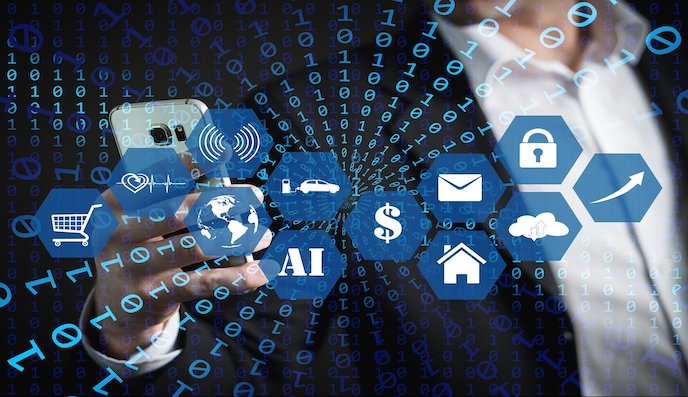Launching into Computer Science
The module explores the computer's fundamental theories and practices and then progressively examines trends and current developments in computer science.
The module introduces the historical, architectural and practical perspectives of computer science and enables learners to engage with, experience and imagine the current and future development of the discipline.
Furthermore, the module prepares the students for their ethical and professional responsibilities. In addition, the module enables learners to participate in discussions to identify current challenges in computing technology, i.e. global impact, security and threats.


